On the 6th of November, TK Smith, curator in residence at G.A.S. invited curators, exhibition makers, and cultural producers from across the city of Lagos to converse over a shared meal as an opportunity to engage in open conversation about the intricacies and nuances of curatorial labor. The event prompted participants to reflect on how curatorial practices unfold in diverse geographical, cultural, and economic contexts. Addressing provocations such as "How can the curatorial community best serve its diverse audiences?" attendees engaged in a rich exchange of ideas, sharing insights and perspectives that spanned the spectrum of their profession.
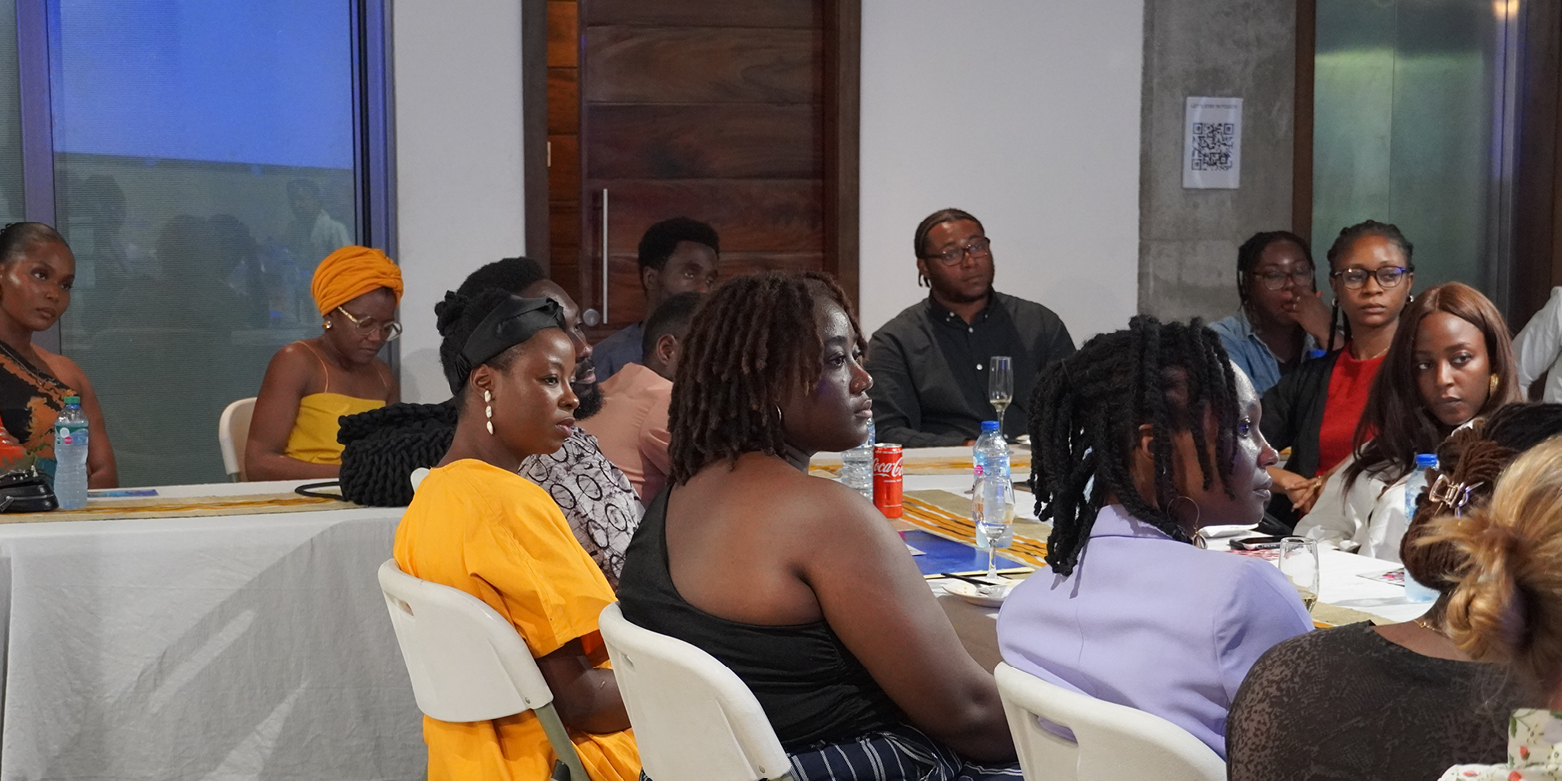
The turnout was impressive, drawing a mix of veteran curators, whose wealth of experience added layers to the discourse, and emerging curators, bringing fresh perspectives and innovative approaches to the table. Opening up with some light networking, the group soon settled down and began to unpack the first of many provocations; "Who is a curator?", unpacking issues surrounding ownership of the term curator, and the formalization of the industry. The conversations that followed looked into the peculiarities of curatorial practice in the Nigerian ecosystem, from entry pathways, training and mentorship, to day-to-day practice, operation, motivations, challenges, failings, and opportunities for the future in navigating the ever-evolving landscape of the arts. The conversations closed off with discussions on how curators support artists and communities, the range and the scope of what curatorial labour entails.
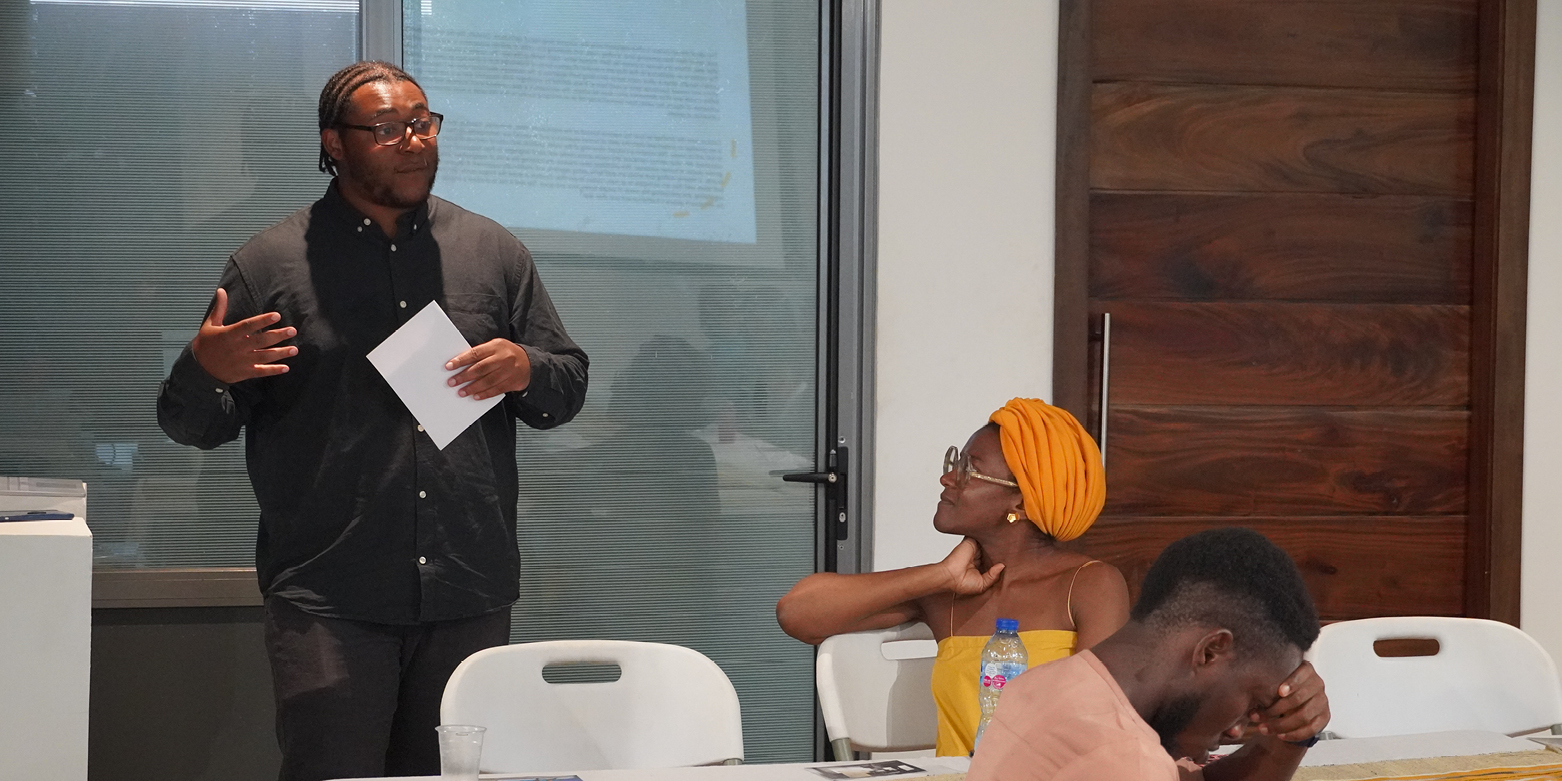
As the day unfolded, it became evident that this gathering not only enriched the participants' understanding of their craft but also set the stage for continued conversations, fostering connections among curators who, despite their differences, shared a common passion for shaping the cultural landscape. This event stands as a testament to the power of collective dialogue, where the art of curation was celebrated, affirming its role as a force that shapes our cultural narratives.
On the role of a curator, by TK Smith
The role of the art curator is often explained using the romantic language of agriculture. Curators, like the independent farmers of the past, spend their lives surveying land, tending crops, and observing the cycles of delicate ecosystems to ensure a fruitful harvest year after year. Where the farmer is known for their manual labor −both hands in the soil− the curator is known for their intellectual labor. The curator is an intellectual in that they are a conduit of various forms of knowledge that is then expropriated by institutions for the public’s benefit. What is often neglected in describing both vocations is the necessary emotional labor and capacity for care; for others and one’s self. Emotional labor is used here as it was defined by sociologist Arlie Hocschild and as it has been appropriated to define unpaid and often demeaned labor done for others. The assumption is that curatorial work is concerned with the care and cultivation of objects, but what I have learned in my roll as an emerging curator is that this work is most concerned with the care and cultivation of people.
Curators have the privilege to hold the material formed of the expressions, ideas, memories, traumas, and aspirations of humanity. It is our privilege to protect and share the yield of human experience and to remind our communities of their innate boundless capacity to feel and to create. This requires a constant observing of the social, political, and cultural contexts in which art is made and consumed. We value various narratives and voices across media and visual languages to then historicize and weave them into the greater stories of human existence. This emotional labor involves championing the work of marginalized artists against mono-culture boards. It requires making sure artists are paid fairly, eating regularly, and emotionally supported. It requires writing and re-writing wall labels until they are accessible to as many visitors as possible. Curation is about the longue durée, you are constantly assessing, negotiating, and anticipating the needs of people across time and space. The goal is not to produce a singular harvest, it is to create the structure to ensure a fruitful harvest year after year.
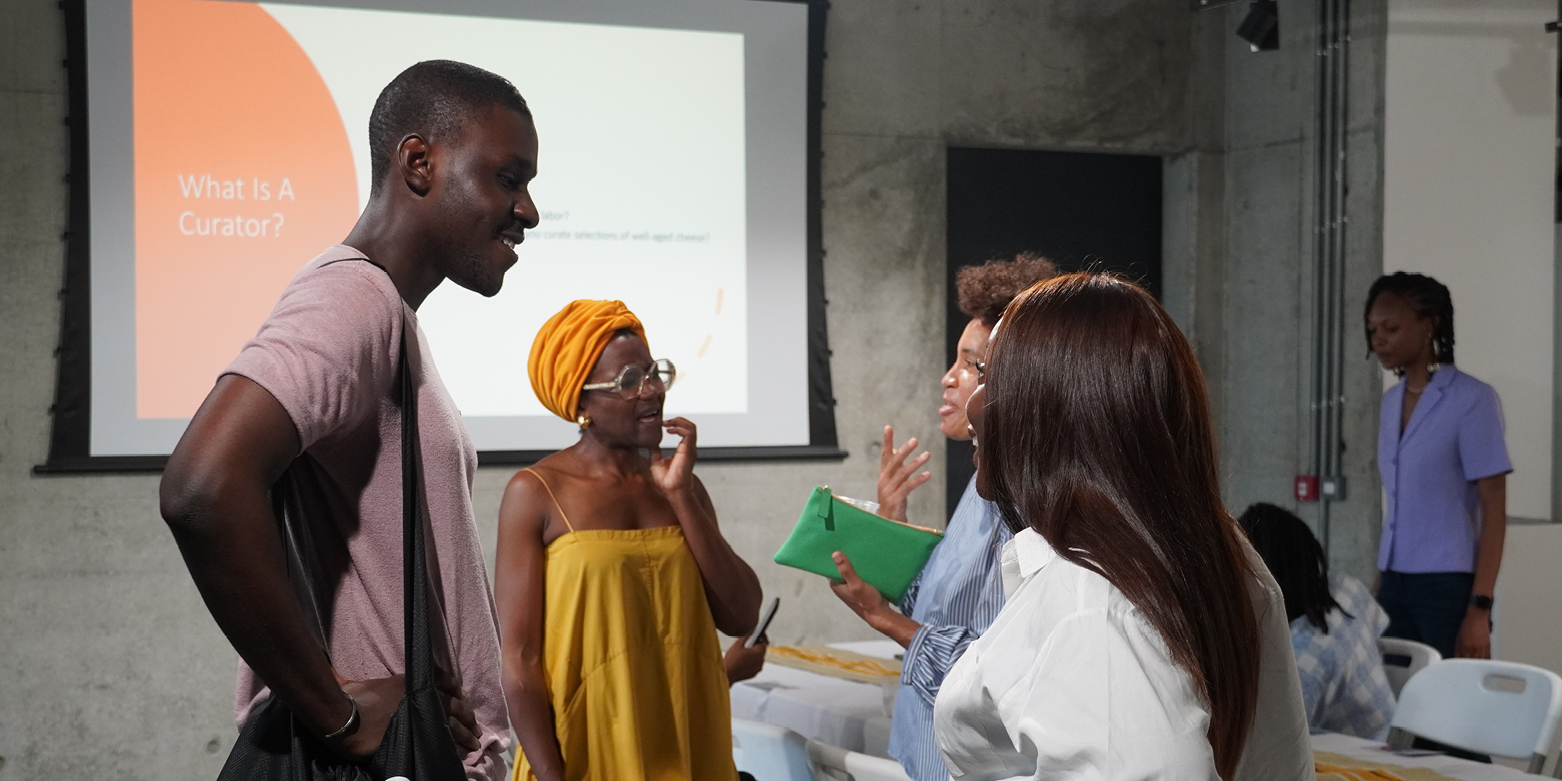
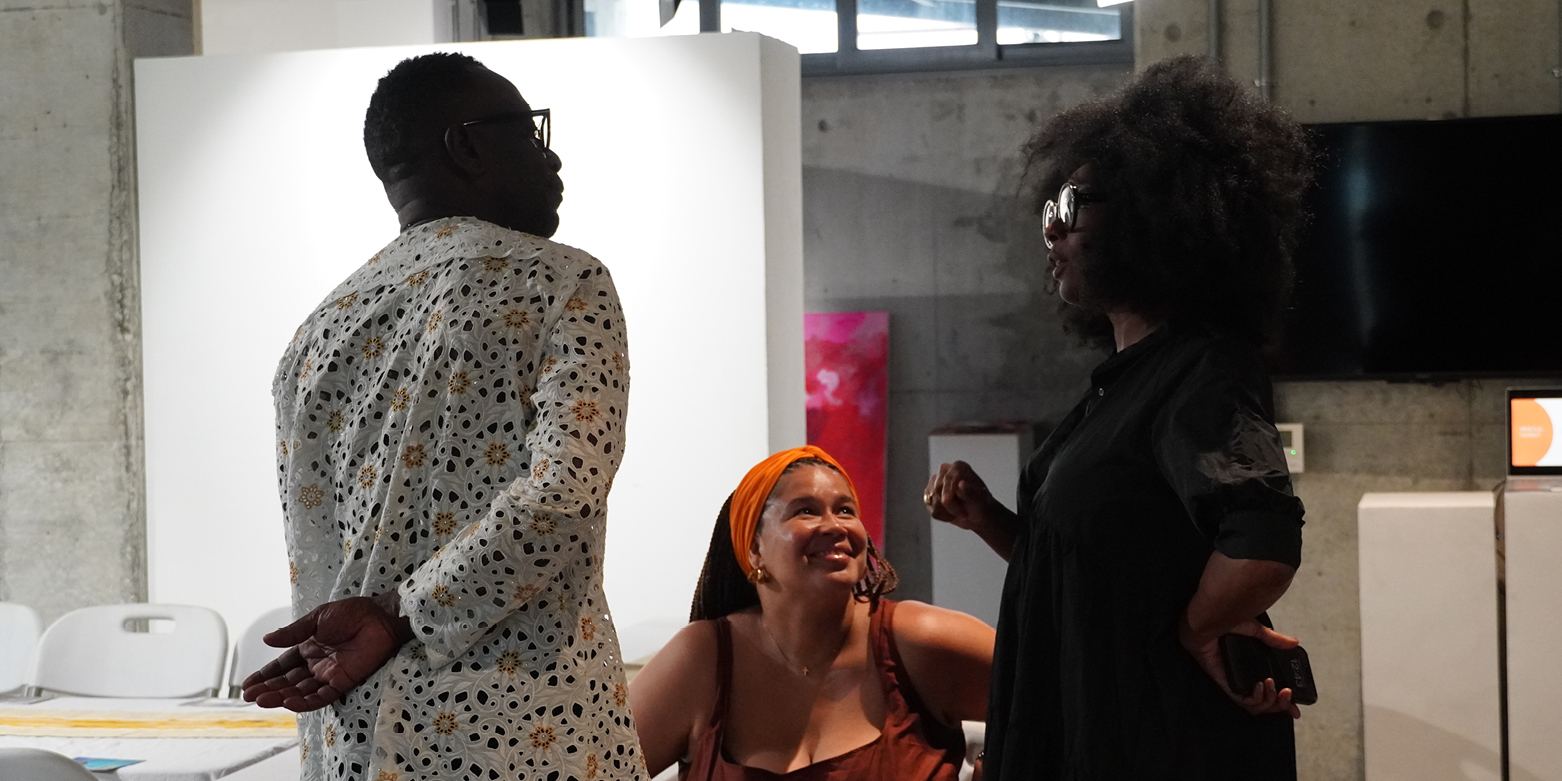
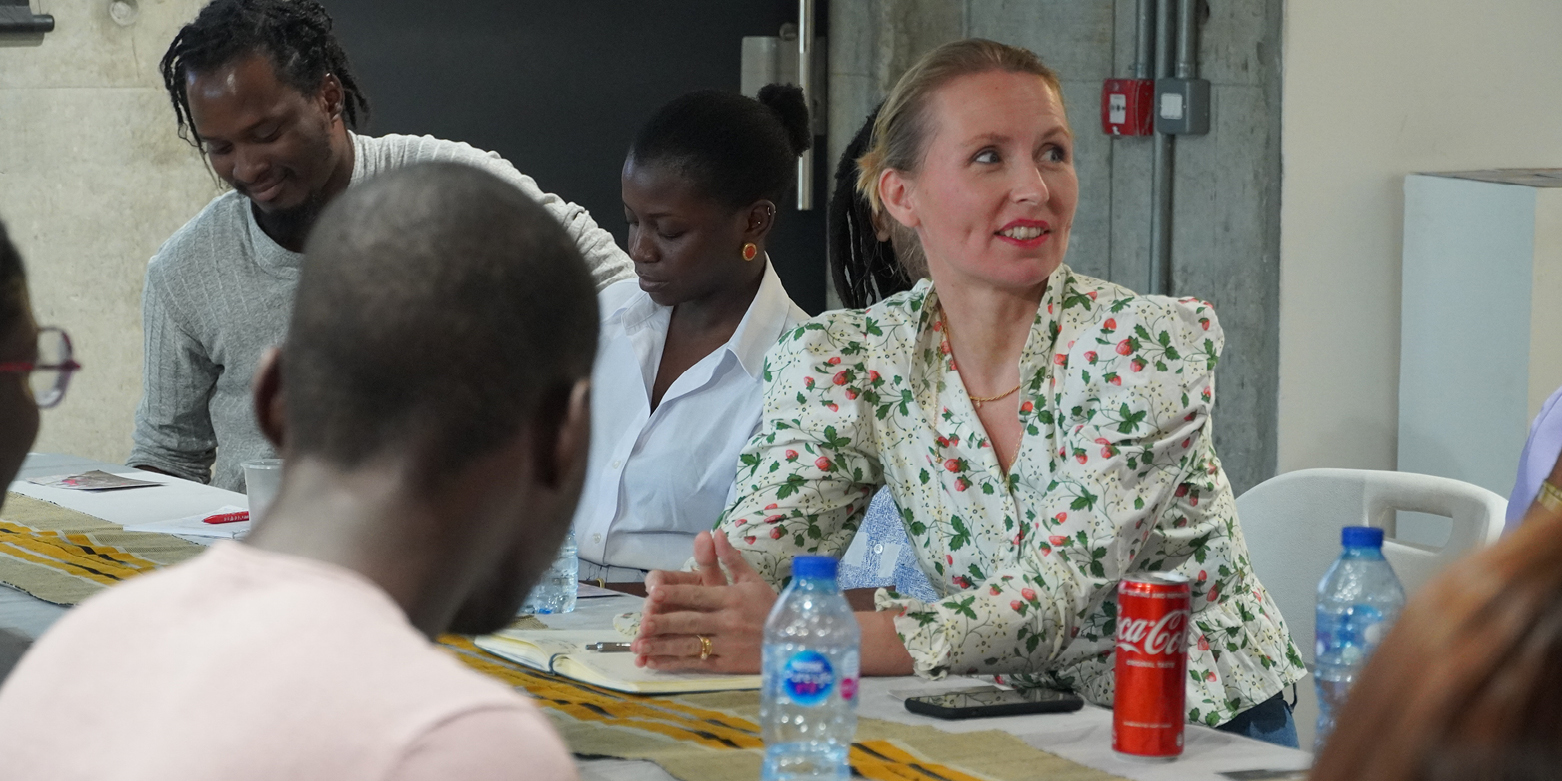
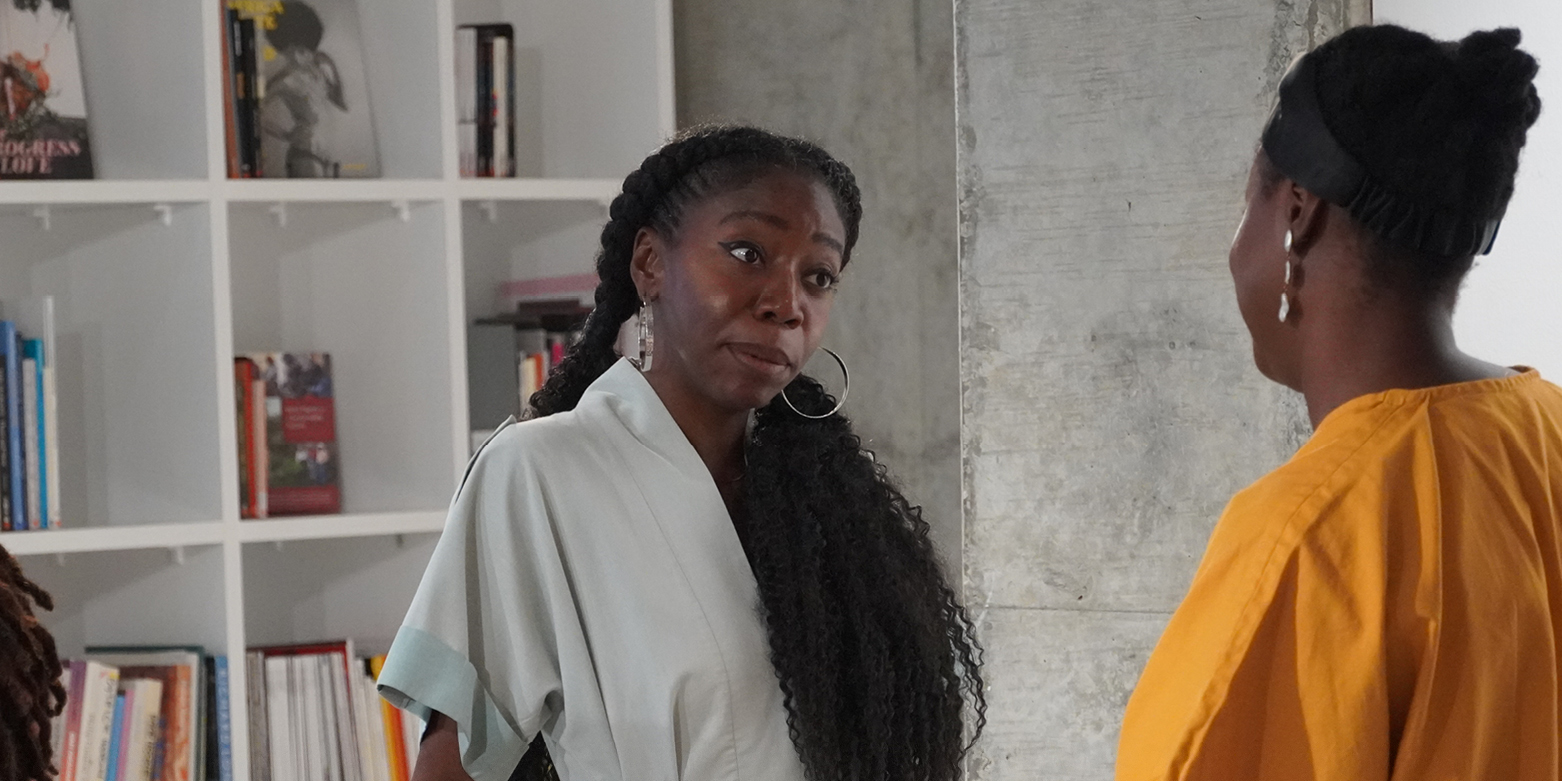
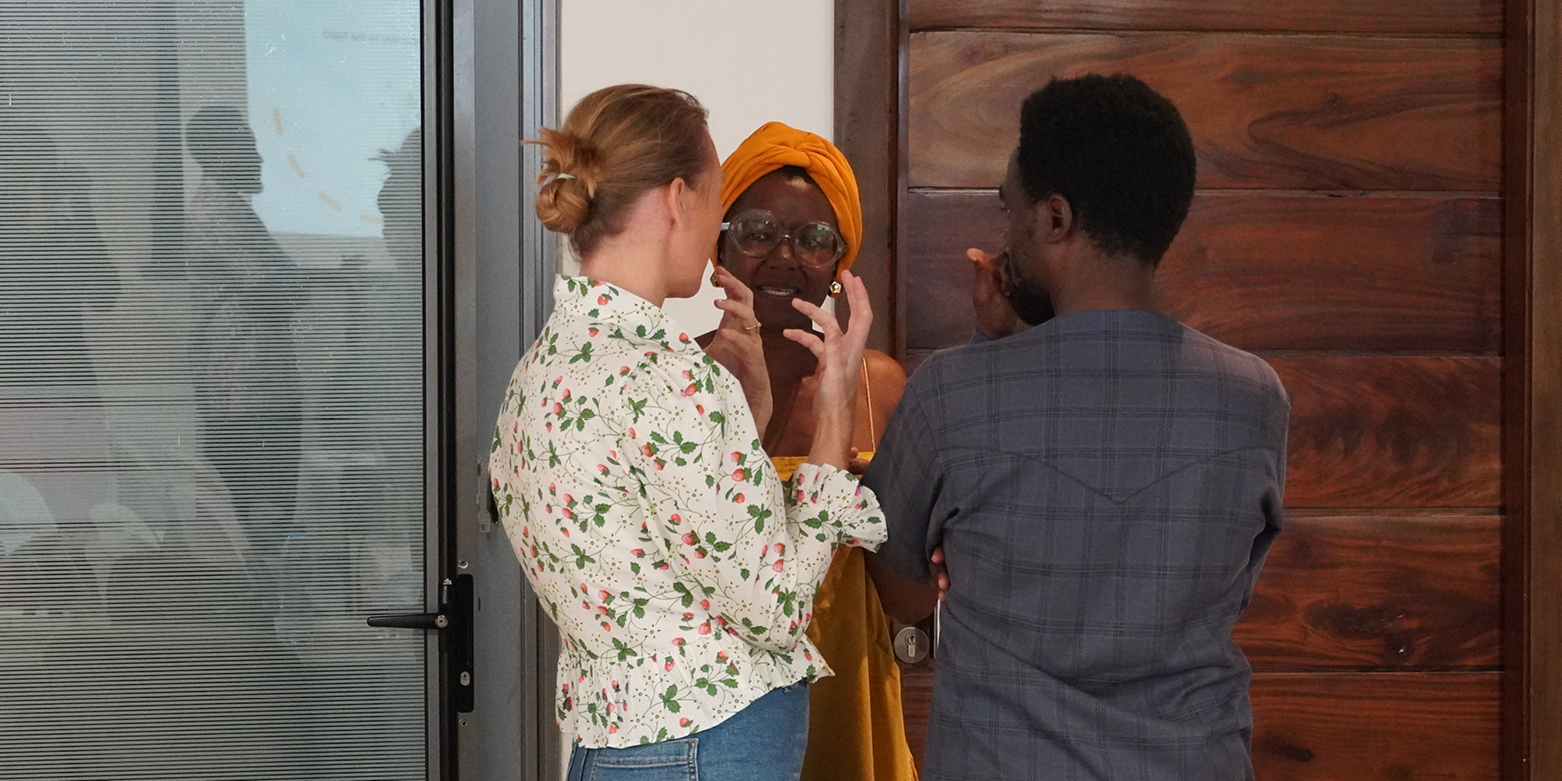
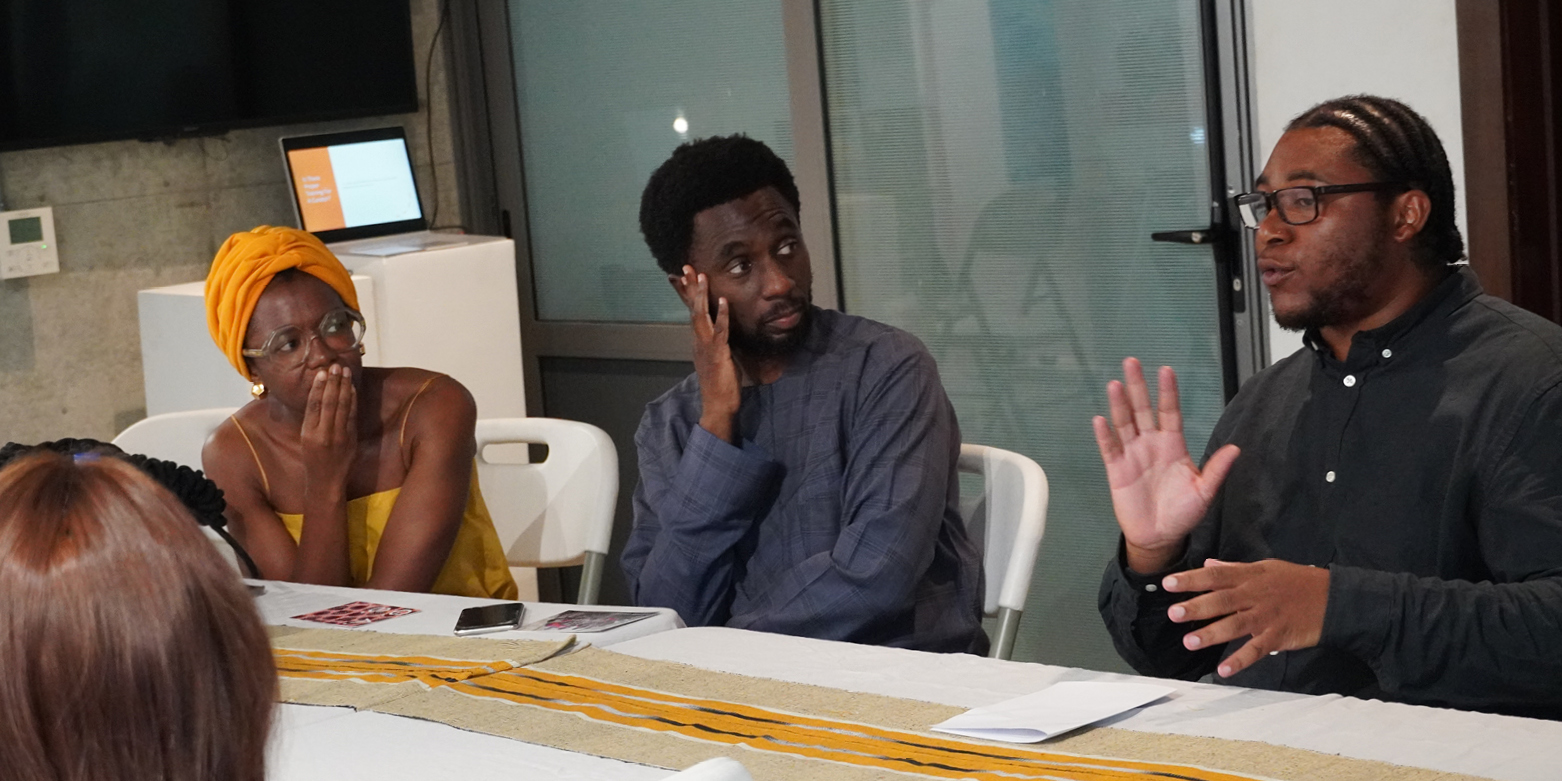
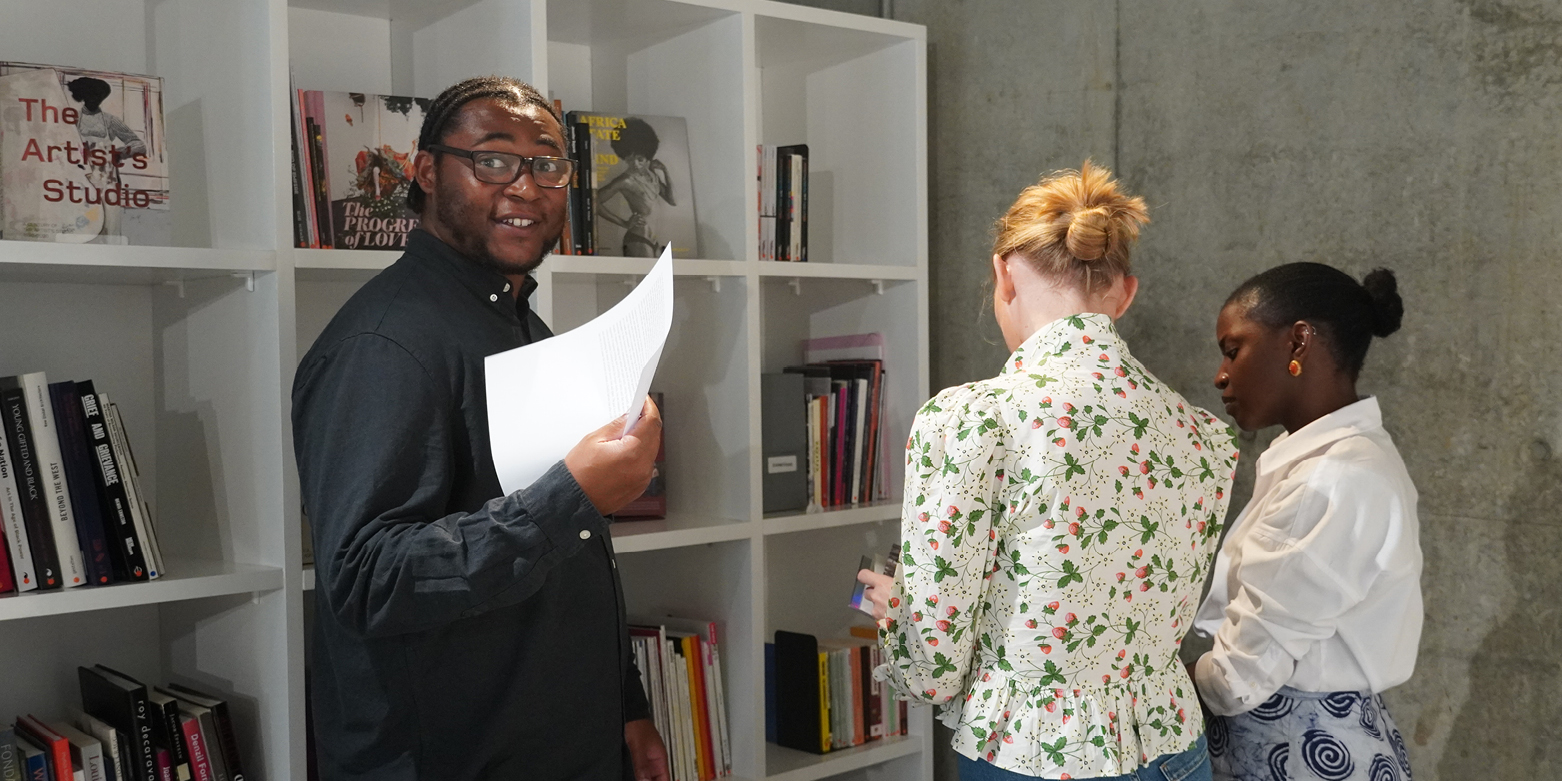
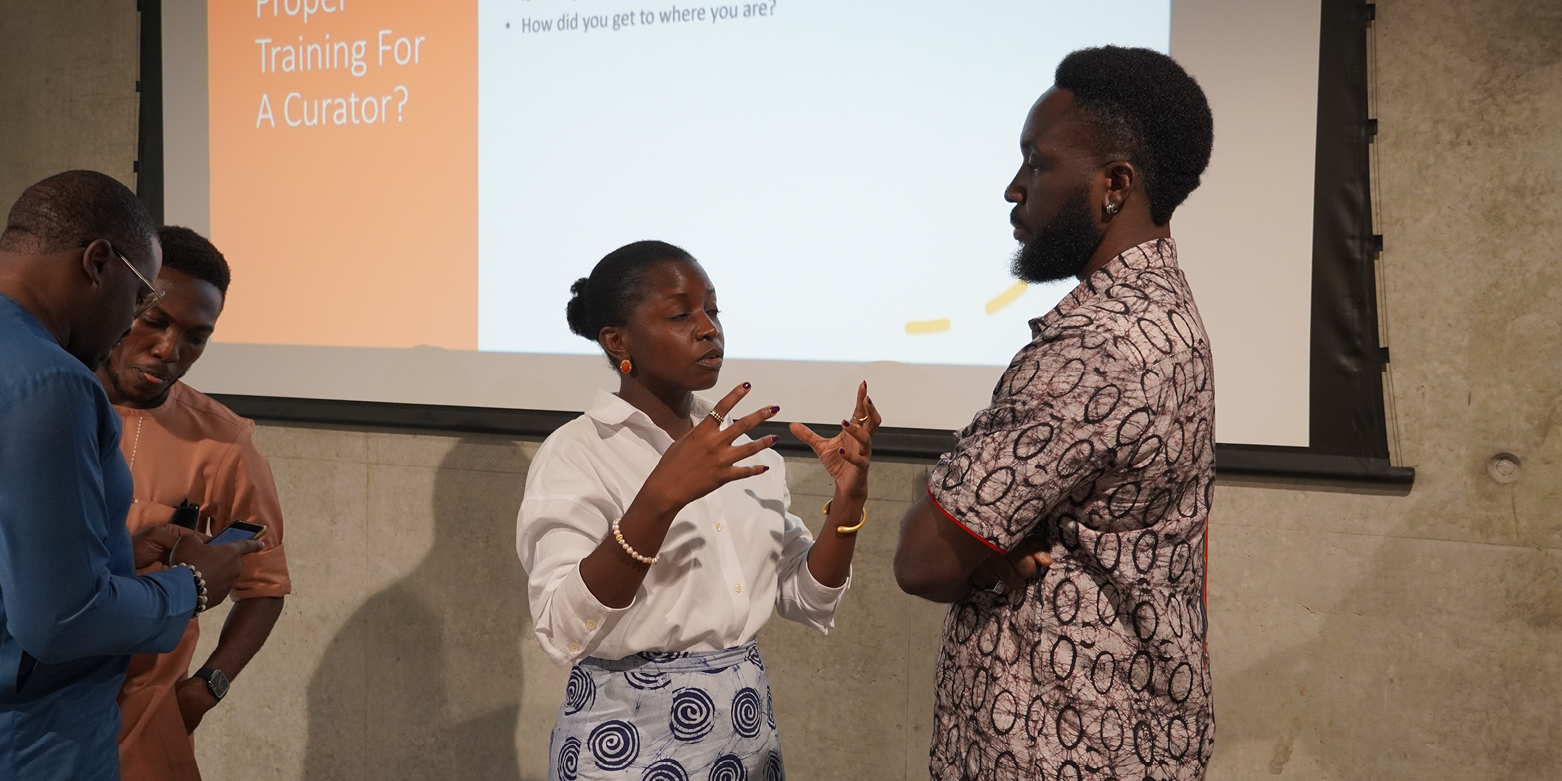
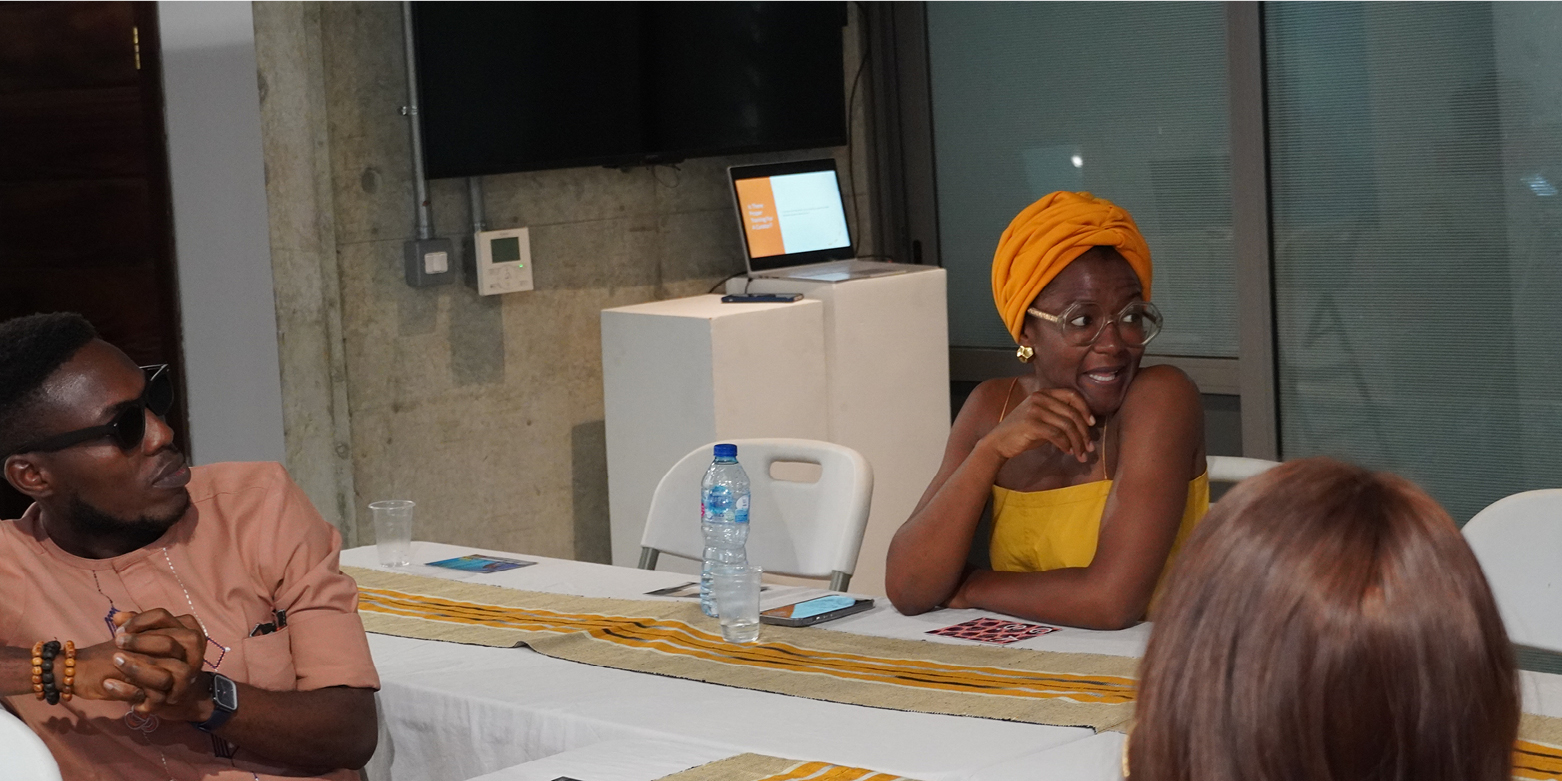
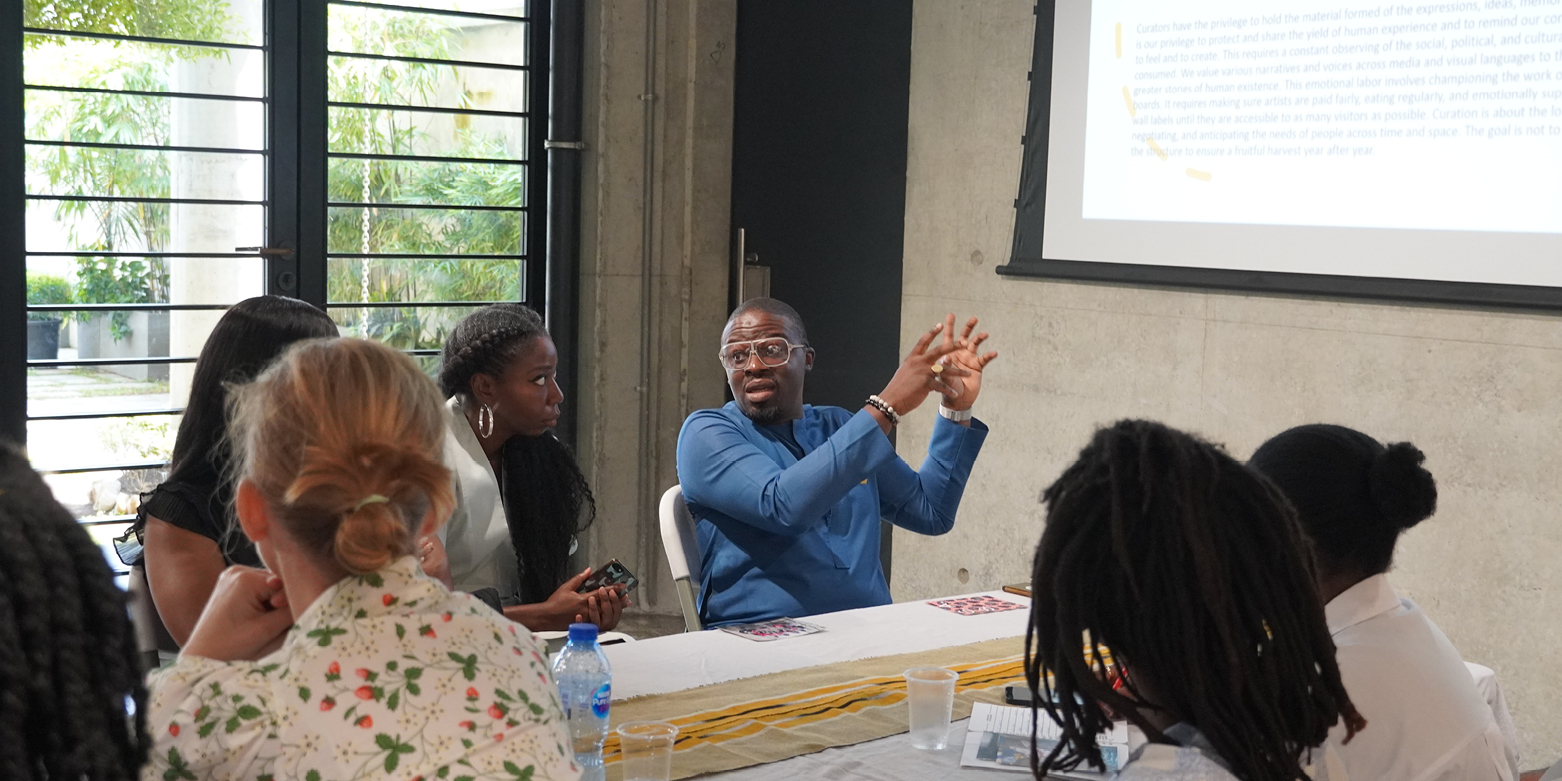
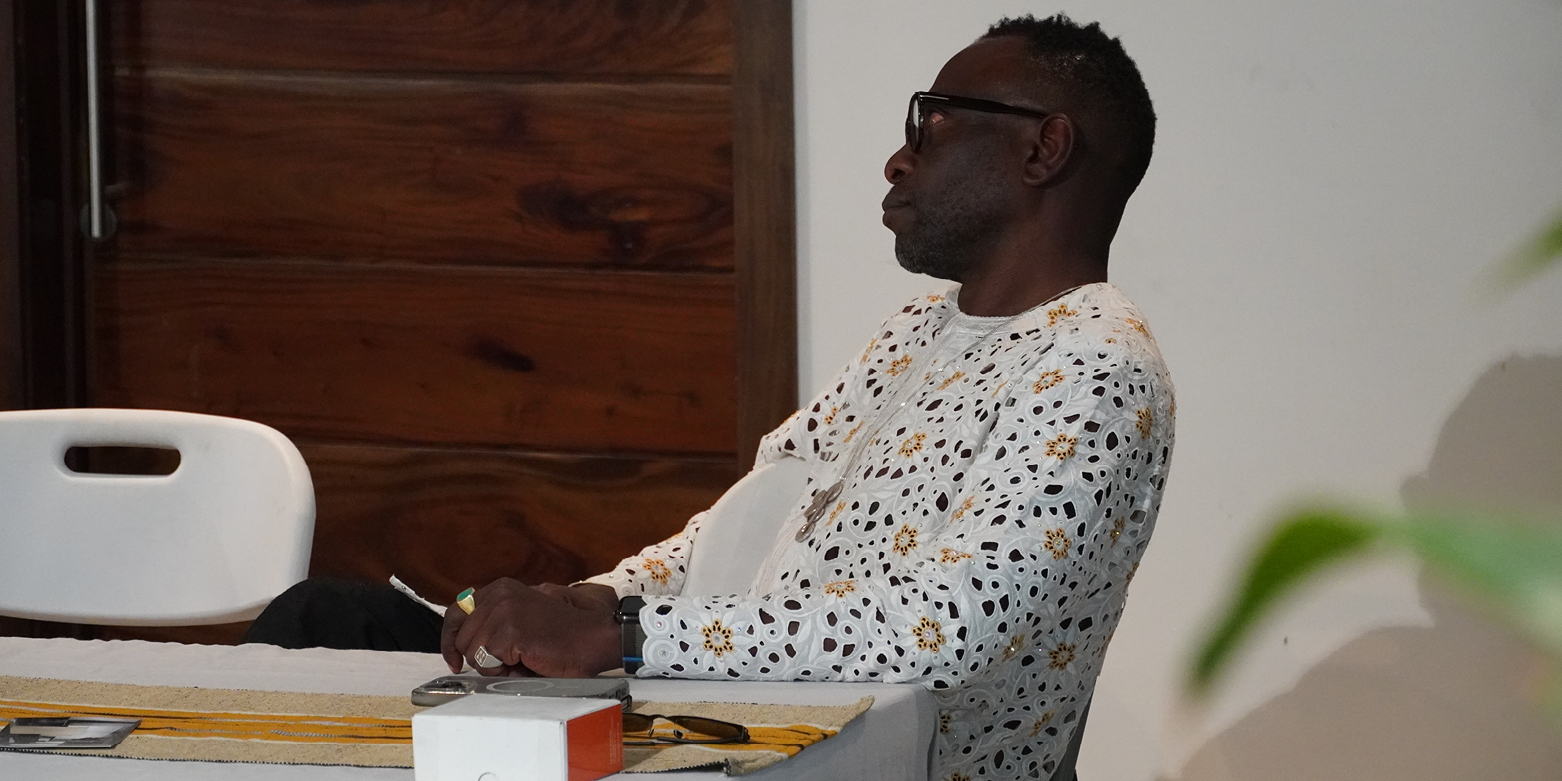
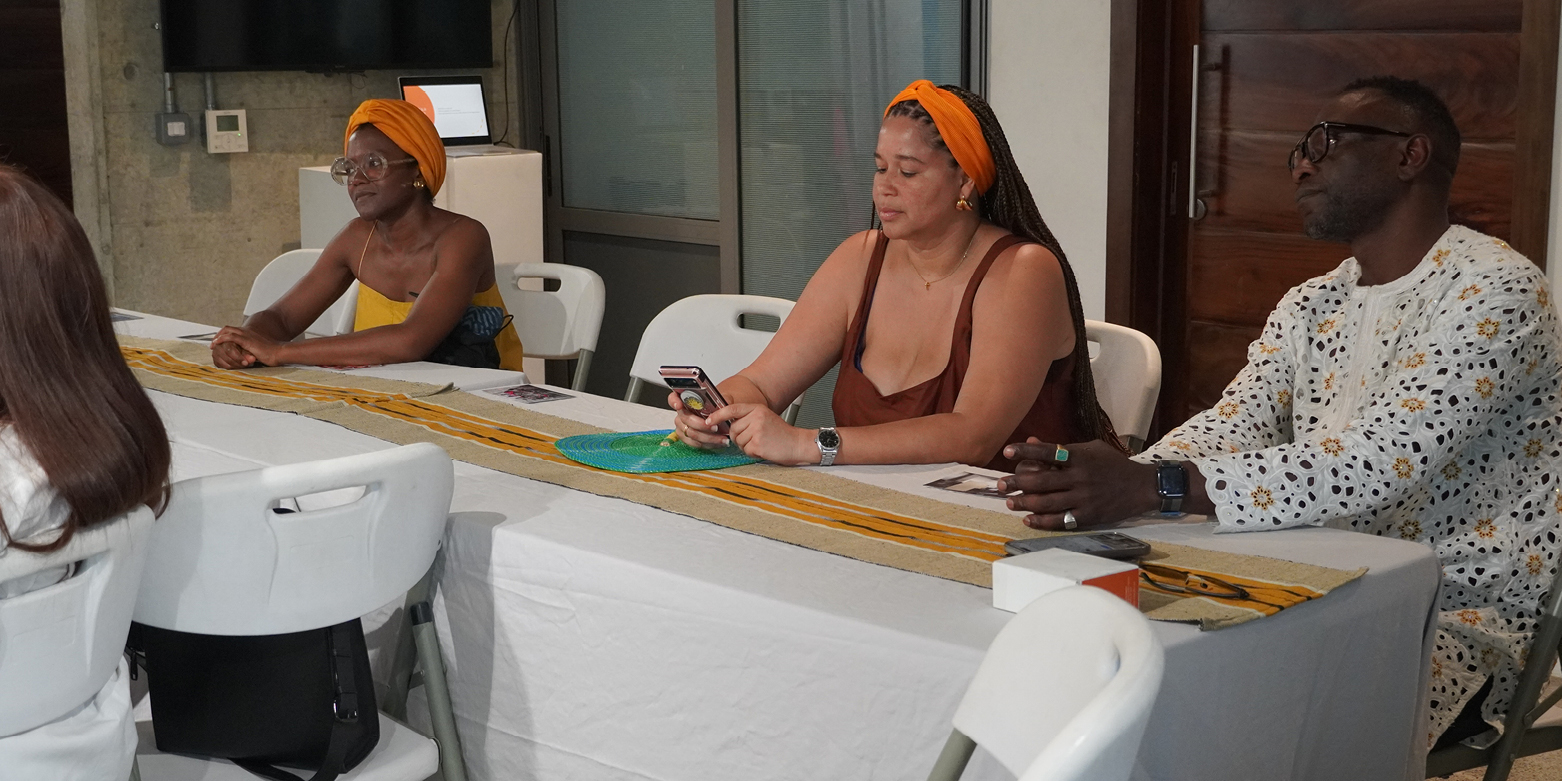
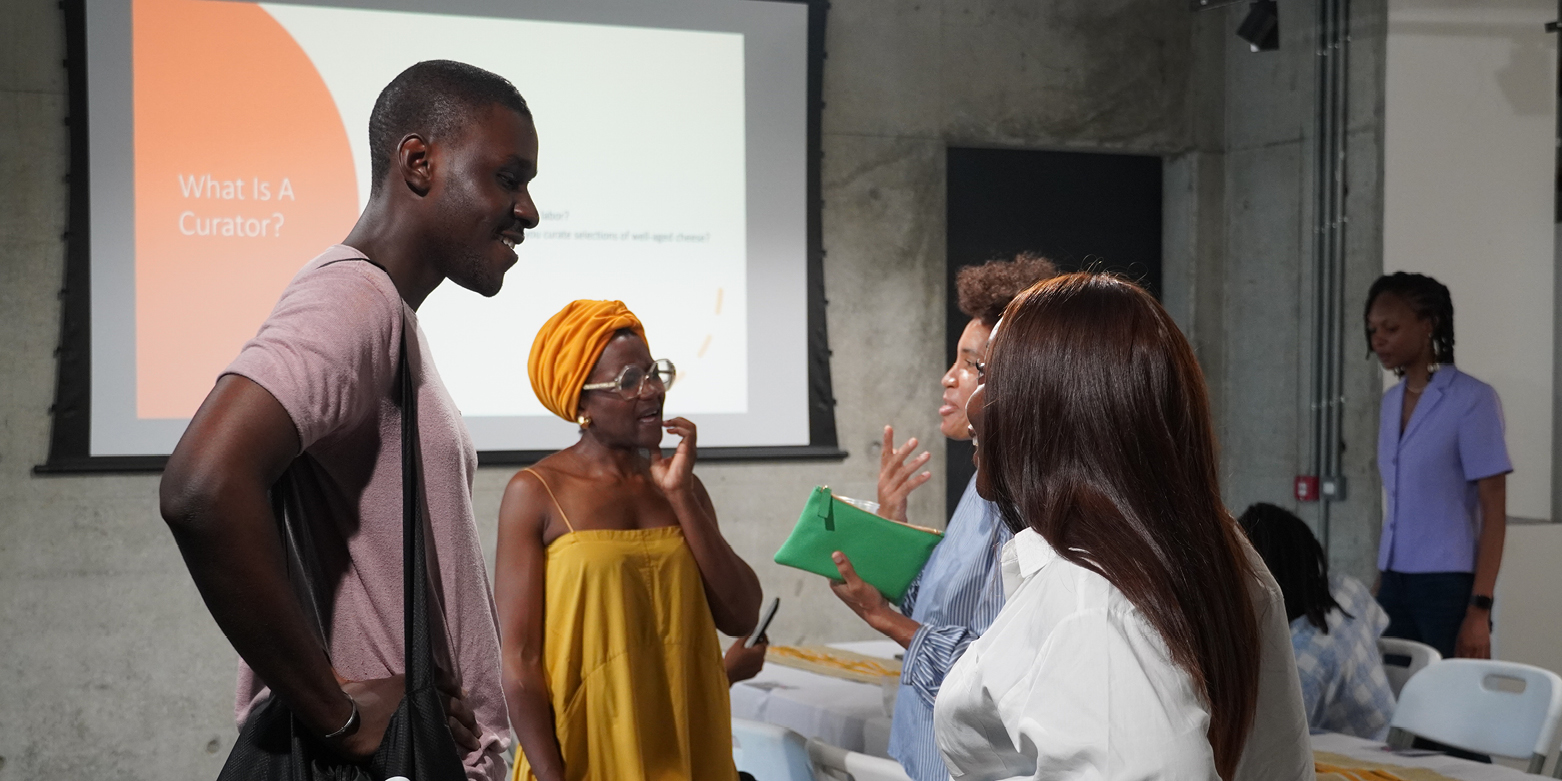
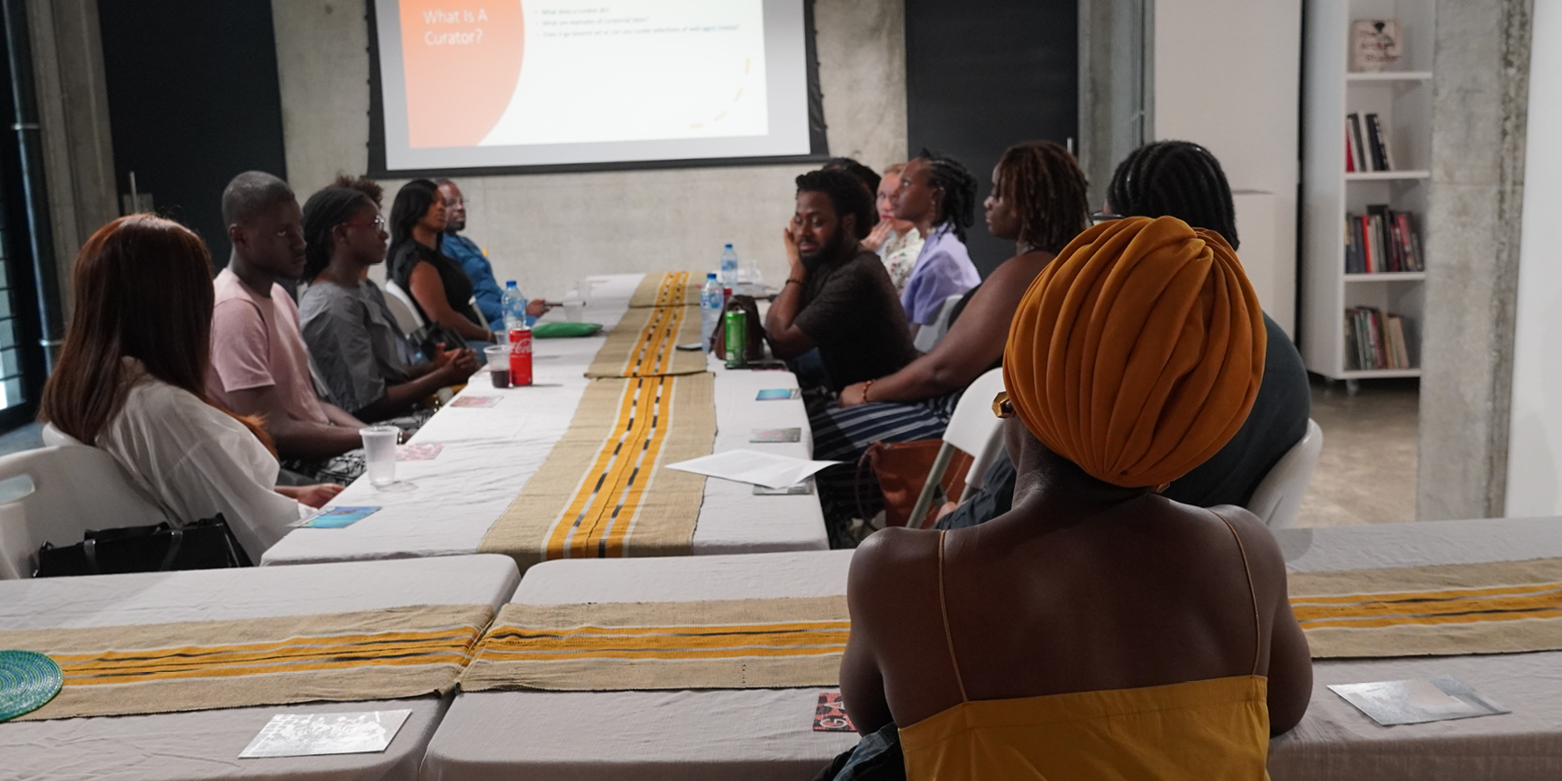
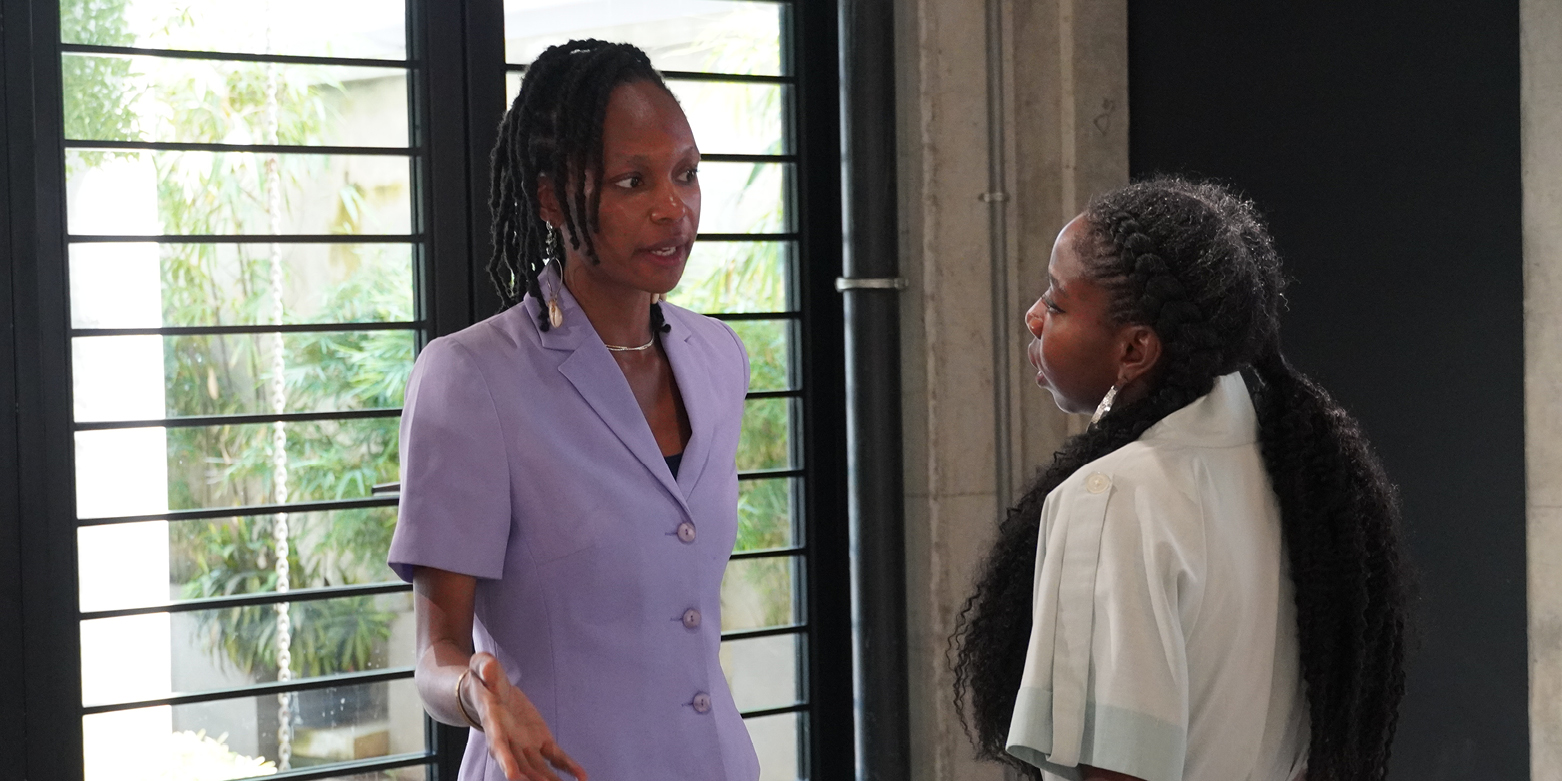
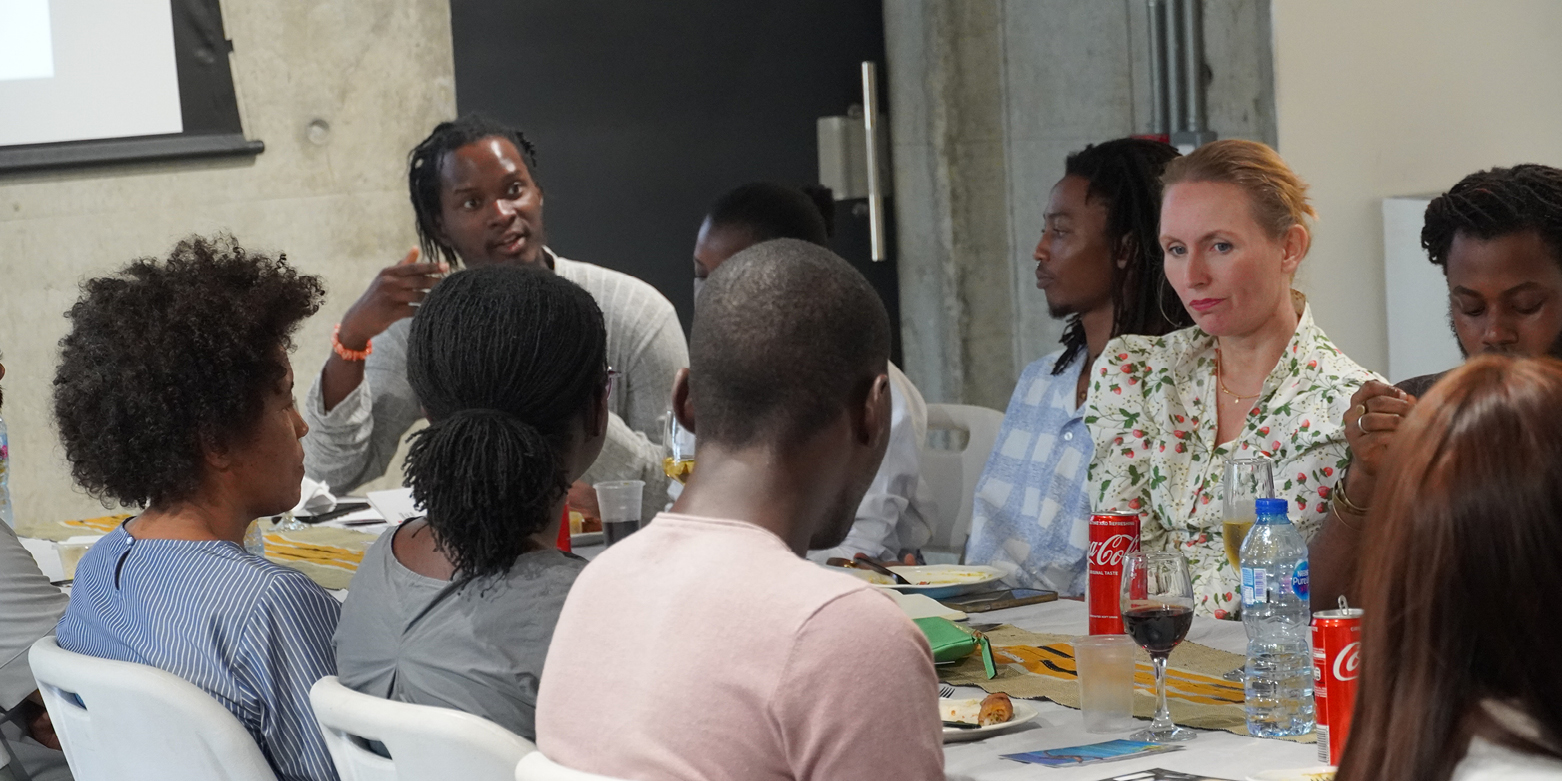
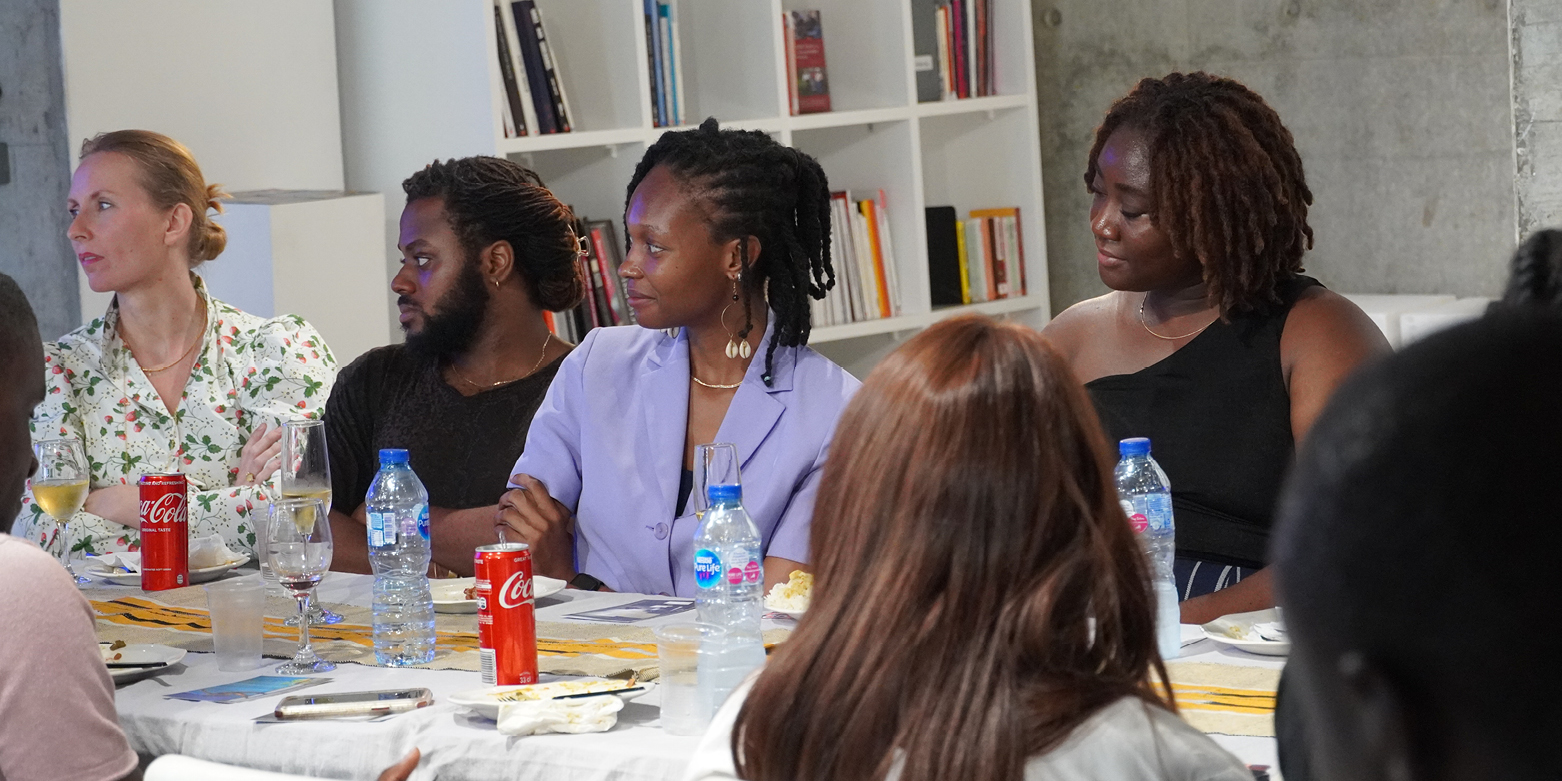
About TK Smith
TK Smith is a Philadelphia-based curator, writer, and cultural historian. Serving as the Assistant Curator: Art of the African Diaspora at the Barnes Foundation in Philadelphia, he has curated impactful exhibitions, including projects at the Woodmere Museum of Art and the Zuckerman Museum of Art. TK's insightful writings have been featured in publications such as Art in America, the Brooklyn Rail, and ART PAPERS, where he contributes as a contributing editor. He is currently pursuing a doctoral degree in the History of American Civilization program at the University of Delaware, TK Smith is dedicated to exploring the intersections of art, body, and built environments.
About Barnes Foundation
The Barnes Foundation is a nonprofit cultural and educational institution that shares its unparalleled art collection with the public, organizes special exhibitions, and presents programming that fosters new ways of thinking about human creativity. Home to one of the world’s finest collections of impressionist, post-impressionist, and modern paintings, the Barnes integrates art and objects from across cultures and time periods to reveal the universal impulse to create, as well as the personal expression of each artist. The intimacy and unique character of Barnes’s galleries defy categorization and provide a haven for exploration, discovery, and rediscovery, no matter one’s background or familiarity with art.
TK Smith's Residency is generously supported by The Barnes Foundation.
